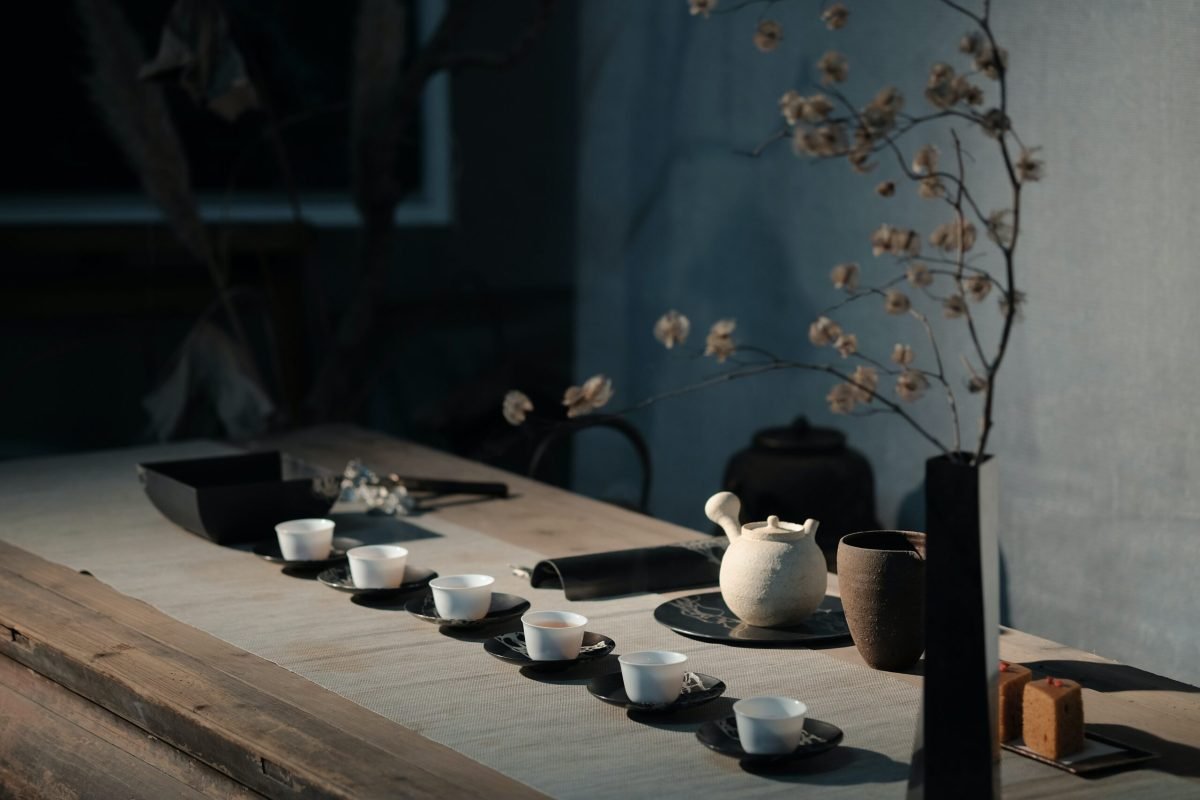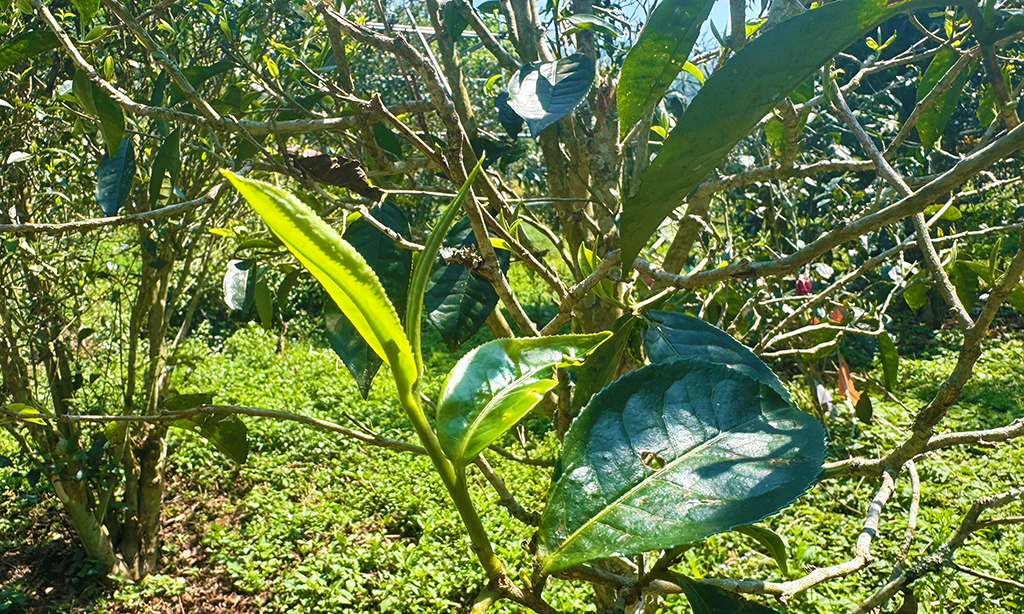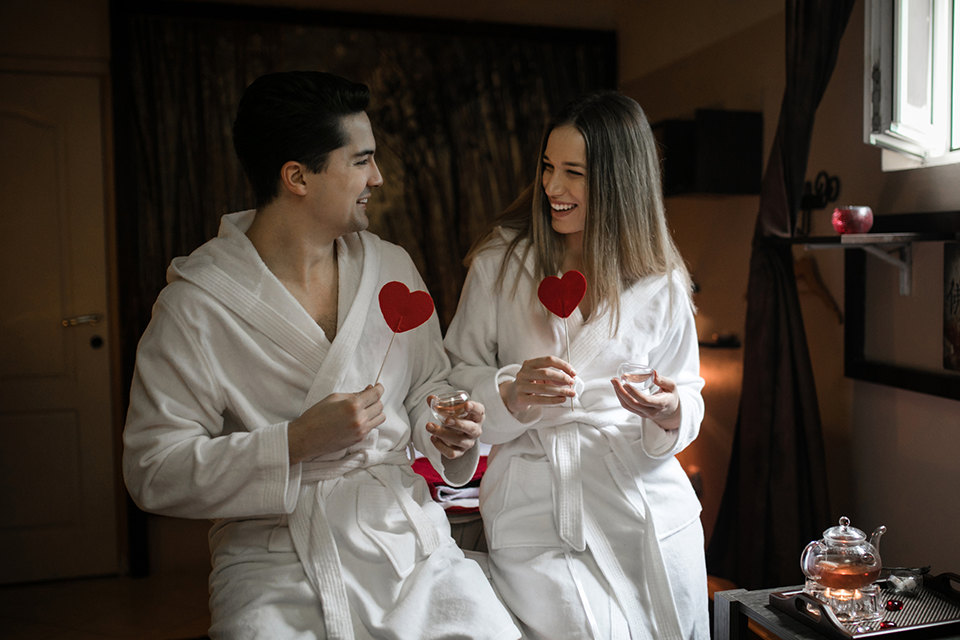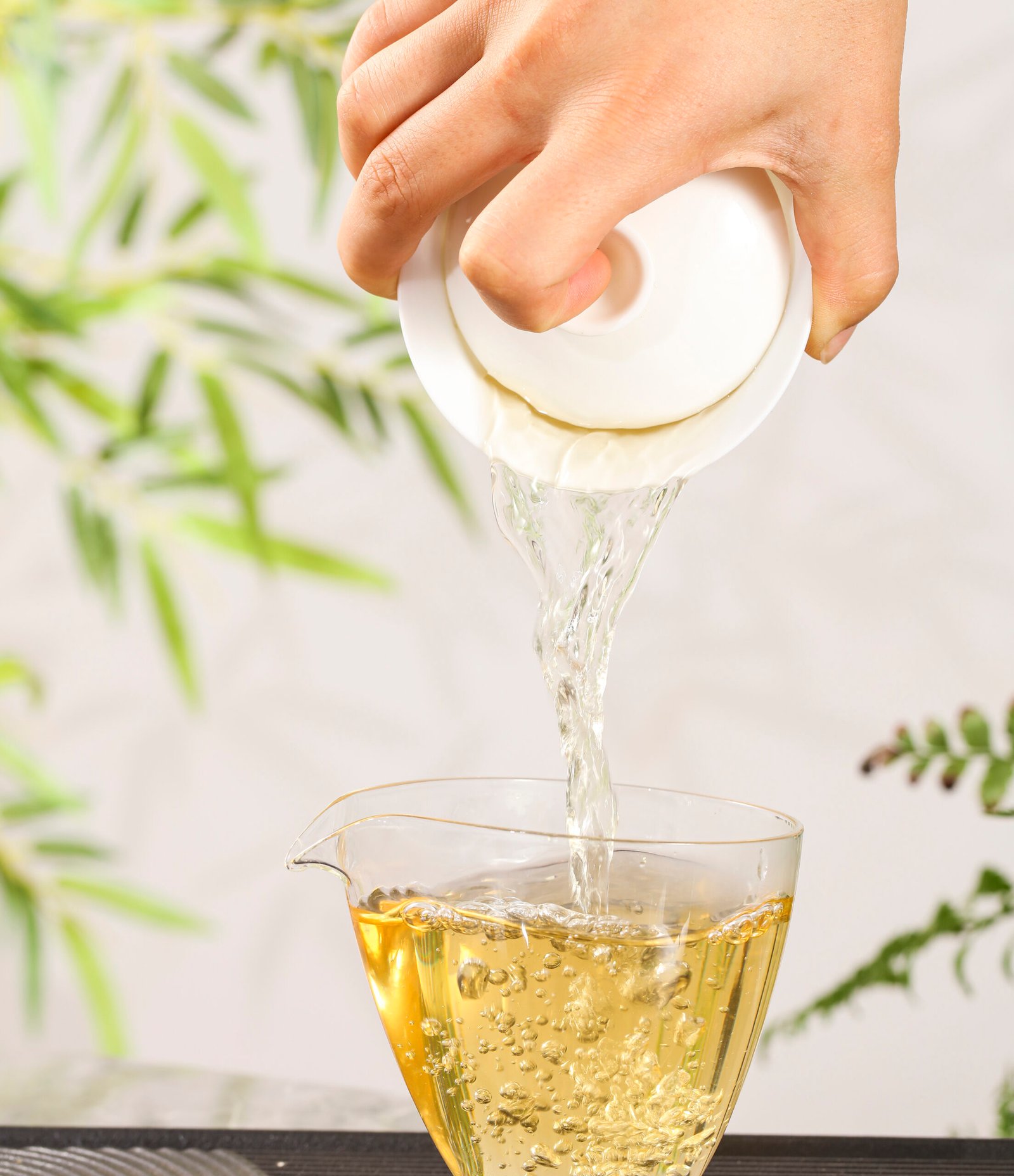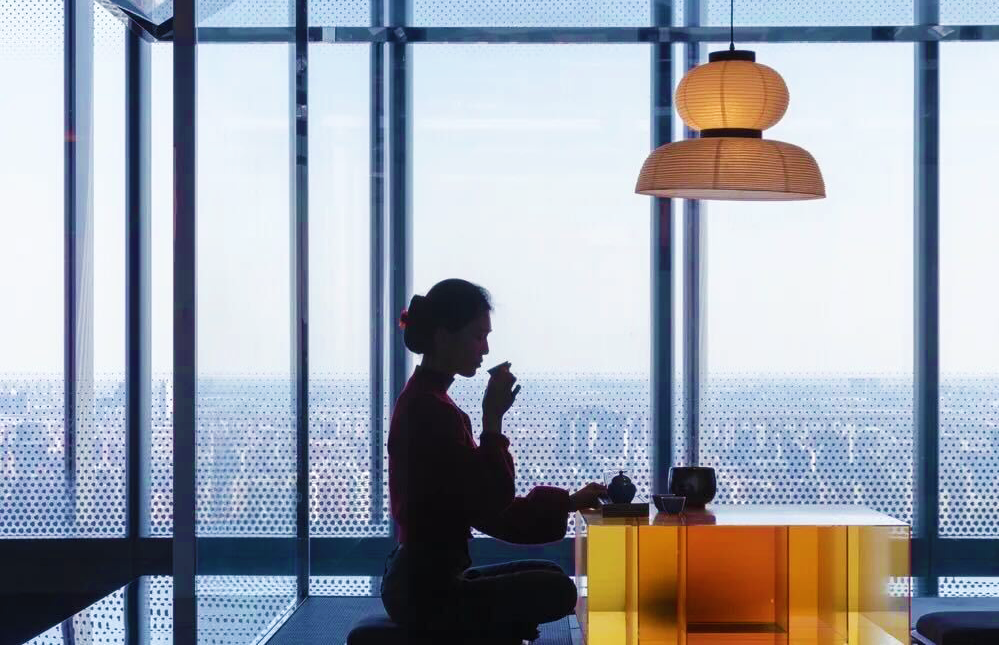Have you ever heard of the term tea drunk?
Commonly used as a hashtag on various social media platforms, tea drunk refers to a blissful state that can be achieved through drinking a significant amount of high-quality loose leaf tea. What is meant by “blissful state” varies from person to person, and in this blog we will explore the experiences of different people. Stay tuned to learn more about tea drunk!
Tea drunkenness is commonly compared to the typical stereotype of the word drunk; however, this feeling is completely different. This state is described in many ways, the most common feelings experienced include: a sense of alertness, creativeness, blissfulness, peacefulness, and relaxedness.
So, how does this happen? There are many components present in tea that assist in achieving the state of tea drunkenness. For example, caffeine gives energy, creativity, and alertness. L-theanine stimulates alpha brain waves also creating alertness and creativity. L-theanine also creates a relaxed and meditative head space for the drinker. When caffeine and L-theanine are combined in tea, caffeine’s effects are lessened and the relaxing and anxiety-reducing properties of L-theanine come to the forefront. Antioxidants like catechins in the tea also contribute to the feeling of tea drunkenness.
Some compare tea drunkenness to a caffeine buzz, but this also means that side effects like shakiness, nausea, and dizziness are possible. However, when partaken with care and while listening to your body’s cues, tea drunkenness will provide you with focus and calmness. When one drinks in a social setting, it can be hard to achieve this zen feeling as there may be many distractions. Be sure to practice mindfulness in order to achieve this calm state.
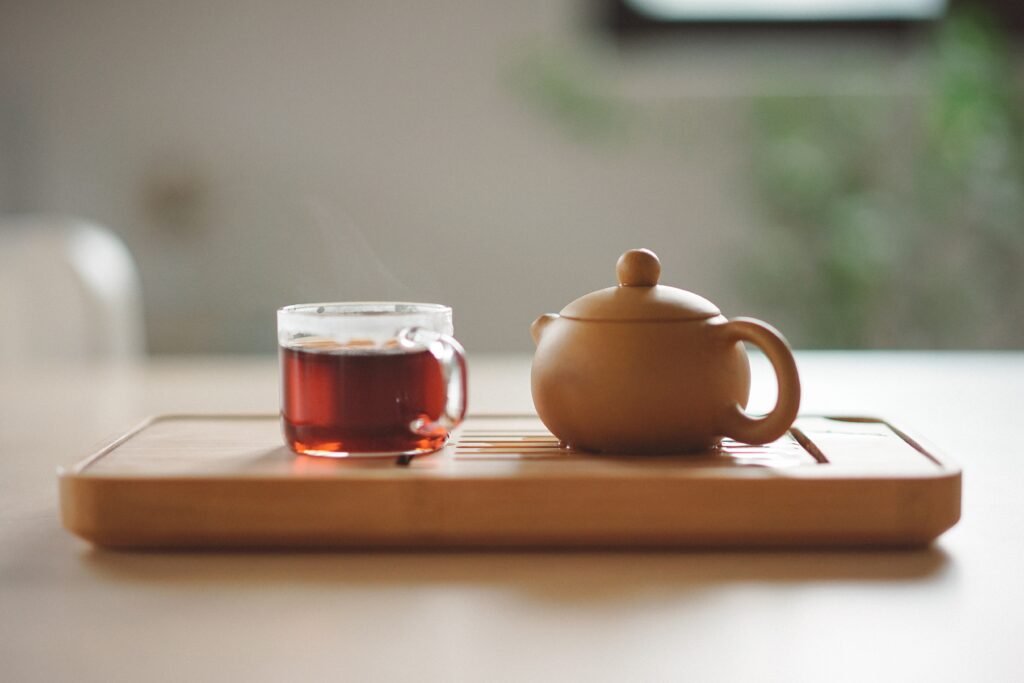
In China the state of being tea drunk is referred to as “cha zui.” Basically, this means someone has moved into an altered state of being after consuming tea. High quality, loose leaf teas are the most effective when trying to achieve a state of tea drunkenness as they contain the highest level of catechins, caffeine, and L-theanine. It is preferable that this tea is not oxidized or only lightly oxidized. Among these teas are Gyokuro and Matcha. Aged teas are also recommended for this purpose. Matcha and Gyokuro are good candidates as they contain high amounts of L-theanine and catechins. Pu’erh and White teas are also recommended.
Overall, the state of being tea drunk varies from person to person. When achieved with mindfulness, tea drunkenness can be a great thing as it provides you with focus, creativity, alertness, and calmness, among other things!


